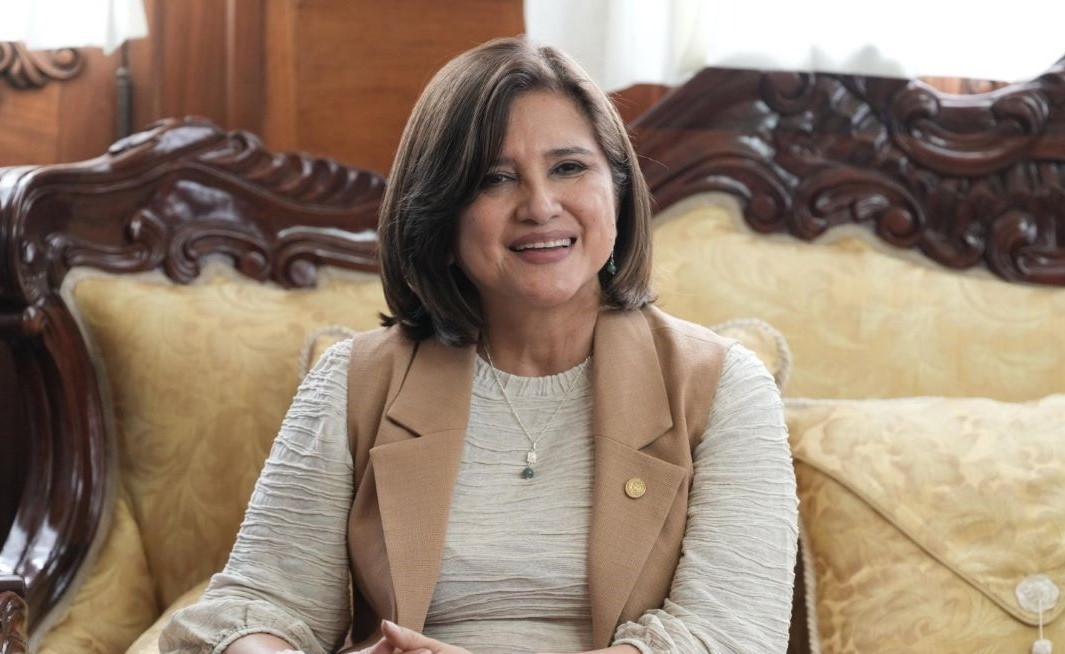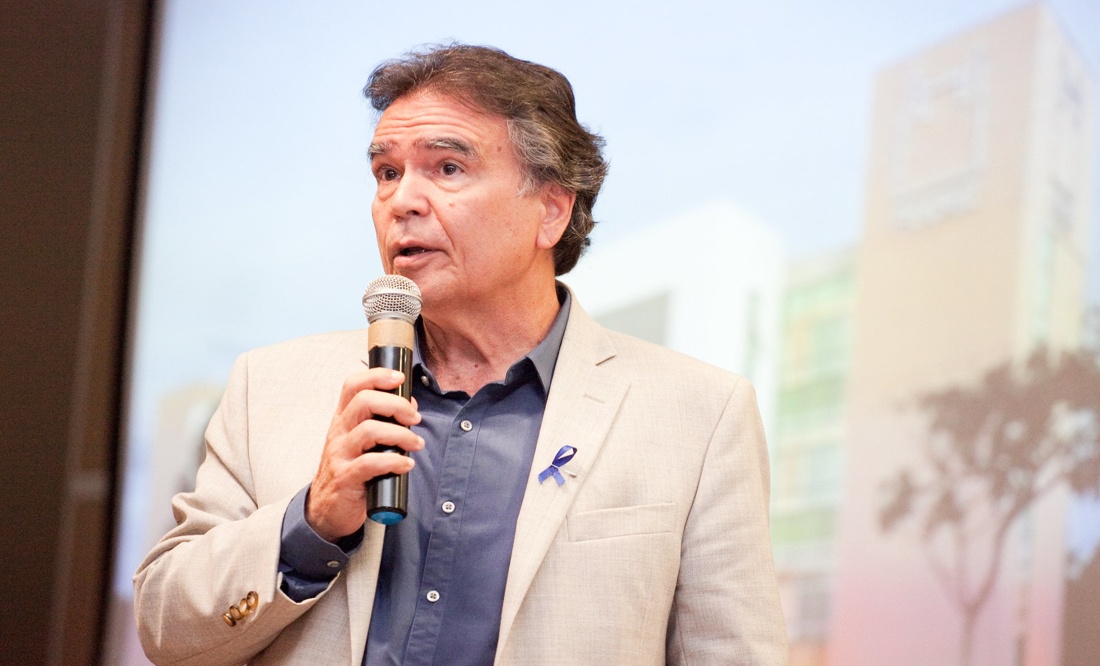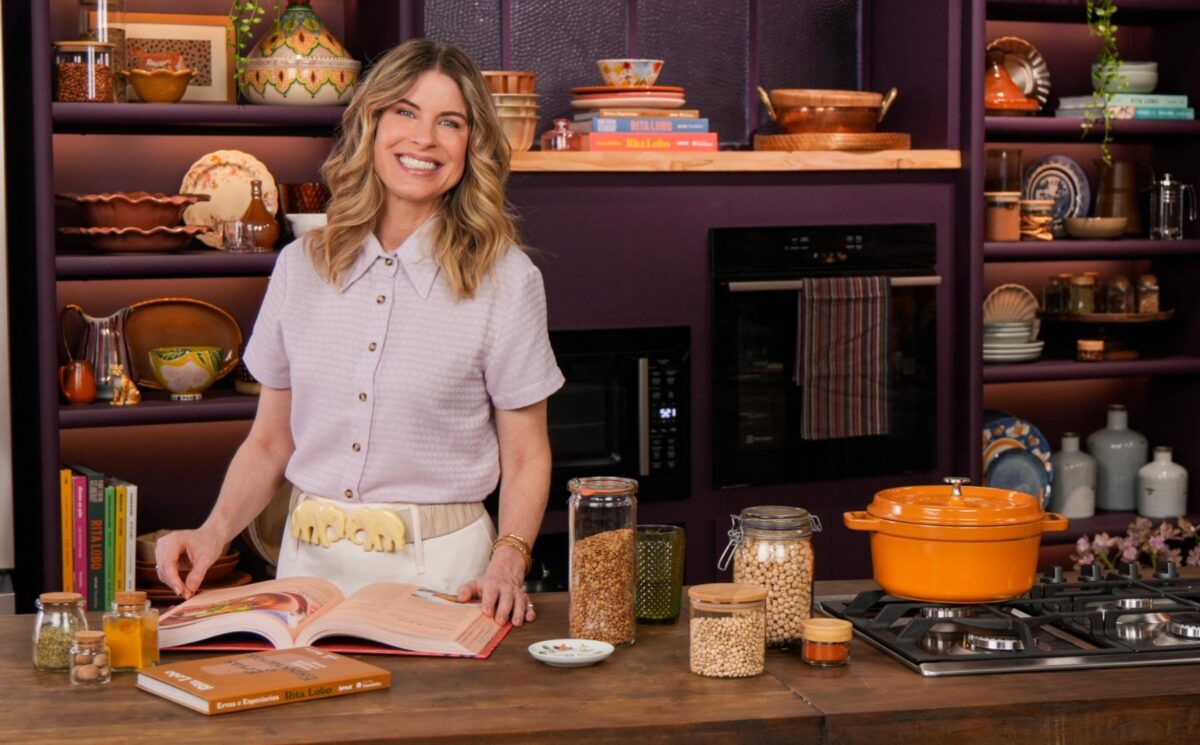 #Interviews
#Interviews
Kananda Eller: Communicating science to transform the world
Chemist and influencer sees science communication as an essential factor in developing a fairer and more egalitarian society
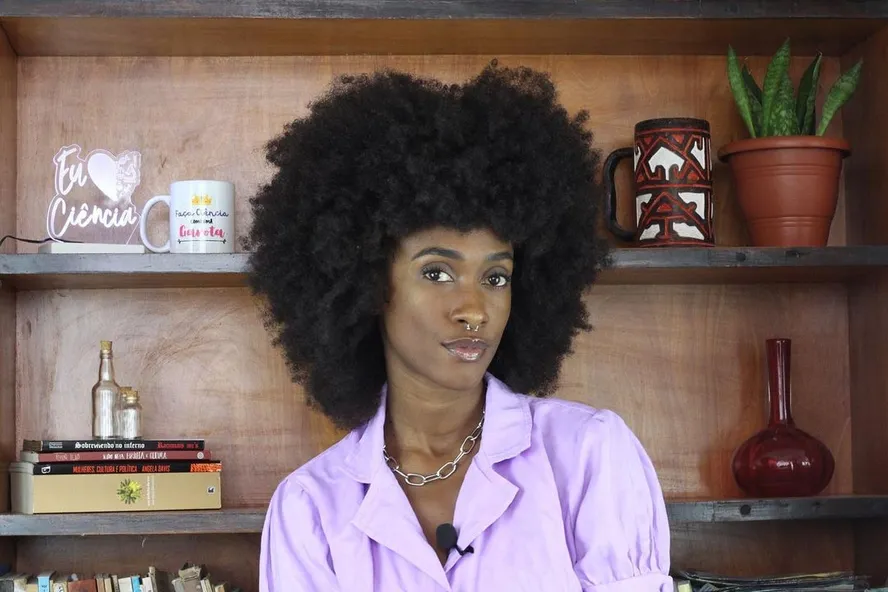 With thousands of followers, Kananda Eller uses social media to combat racism and other prejudices in science | Image: Grifa Filmes/Press Release
With thousands of followers, Kananda Eller uses social media to combat racism and other prejudices in science | Image: Grifa Filmes/Press Release
With more than 200,000 followers on her Deusa Cientista Instagram profile alone (@deusacientista), 27-year-old Kananda Eller from Bahia is unambiguous about her objective of publicizing scientific knowledge produced by Black people and amplifying the debate on gender issues in academia.
Born in the city of Salvador, Eller has a chemistry degree from the Federal University of Bahia (UFBA) and is currently studying a master’s degree in teaching environmental sciences at the University of São Paulo (USP). She divides her time between carrying out research and presenting the TV series Ciência, substantivo feminino (“Science, a feminine noun”), which debuted on the TV channel GNT in February (and is also available on the Globoplay platform).
The show presents fundamental contributions to science by Brazilian women—in the first season, five episodes were dedicated to telling the stories of renowned researchers, including Johanna Döbereiner (1924–2000), Elisa Frota-Pessoa (1921–2018), and Bertha Lutz (1894–1976).
According to Eller, the main purpose of the series is to spread scientific culture to new audiences, with science produced by women as the starting point.
In an interview with Science Arena, Kananda Eller talked about the challenges of pursuing a career in science communication, against the backdrop of the debate on how social, racial, and gender inequalities impact teaching and research.
Science Arena – Why is your Instagram profile called Deusa Cientista (meaning “Science Goddess” in English)?
Kananda Eller – The name comes from the Afro-Brazilian religion of Candomblé, in which gods are perceived as “normal human beings who inhabit the Earth.” On my channel, I try to produce content that combats racism and highlights the advances and discoveries made by Black people throughout history, whose great achievements have often been erased and silenced.
You say that science communication can help science to transform society. How?
Because science as a social tool seeks to examine and describe society, and there is no way it can do this without being closely interconnected. It is also very important for society to be close to what science produces—in other words, it’s a two-way street.
Science communication is a very generous area of science, but it is still heavily judged by academia itself, which puts itself on a pedestal as something above the general population.
However, when you make knowledge accessible, allowing people to understand what happens in science, you also have the opportunity to enrich scientific production.
Can you give us an example?
I can talk about my profile, which is a source of great encouragement for the new generation and even for the older generation that never had the chance to access scientific content in this way.
I use it to share knowledge about various subjects—from chemistry to microbiology—and to show the possibilities of a scientific career to people who have never thought about following this professional path.
On my profile, I make a point of doing this with a focus on Black people and women, two groups that have historically been excluded from higher education and academic life. Even today, we still see this reflected in universities.
Science communication thus has a fundamental role in encouraging people, boosting self-esteem, showing what it is like to work in science. Especially because many people still have a somewhat unrealistic view of what it means to produce scientific knowledge.
Do you see racism in the way science is communicated?
Yes, because throughout history, all civilizations, all societies, all peoples have produced thoughts and knowledge. But schools and universities in Brazil and around the world have always emphasized the study of European science—conventionally called traditional science.
This is strongly reflected in the fact that the most famous and renowned scientists of today are white men, despite so many women having participated and still participating in the knowledge production process. Throughout history, women have been erased due to sexism, just as Black and Indigenous people have also been erased, both due to racism and their absence from formal knowledge production institutions.
What is “Black science,” a term you use frequently?
For me, talking about Black science is a way of shining a spotlight on the production of scientific knowledge by Black people, as well as their worldviews. I don’t talk so much about Indigenous science because it’s not something that I know about so deeply, but I really enjoy reading about it and learning about Indigenous scientists.
If the scientific world involved the presence of other worldviews (Indigenous, Black, and the African diaspora, who also generated another worldview: Afro-Brazilian), the world would most likely be a much better place, with more respect.
Your show about science communication just debuted on GNT. Is sharing science with a wider audience the solution?
I believe we can make people feel closer to science, and it’s much easier if we work together, society as a whole, using media such as television, which still reaches a large audience.
During the COVID-19 pandemic, the entire world was locked at home because of the virus, and it was science that provided the answers and solutions that allowed people to return to their normal lives.
At the time, people wanted to learn, they were interested, but they had no knowledge about science. It was the work of several science communicators that expanded the reach of scientific knowledge beyond the walls of research institutions. It was science communication that often reassured people, giving them access to the information behind the facts.
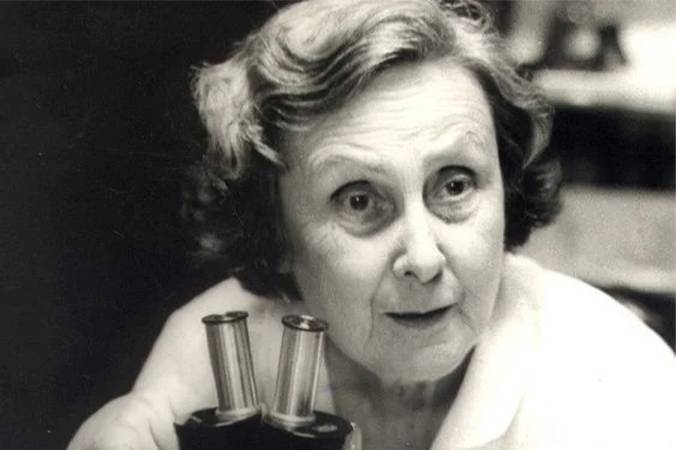
What is the biggest challenge of science communication via television and streaming (online)?
The TV channel GNT encourages the discussion of scientific and educational knowledge—something that more traditional broadcast television rarely does. There is a lot of progress still to be made in TV and streaming. Educational and entertainment content based on science can be found online. Broadcast TV, however, is still a major challenge. There are almost no science communication programs, which is a shame, because the entire population suffers as a result of this absence.
What led you personally to this path of science?
I learned what a career as a scientist would look like during my undergraduate degree. Before that, I didn’t have many references from the academic world, which is very common among Black and marginalized families.
When I started university, I found out that I would need to do a master’s and a PhD if I wanted to pursue an academic career and stay in research. I decided that was what I wanted.
I’ve always really enjoyed studying, but I’m also driven by social transformation, and environmental discussions have always interested me.
I always studied at schools associated with environmental transformation projects that have had a positive impact on nature and resolved environmental problems.
Is that what led you to the research topic of your master’s degree?
Yes, I’m currently researching solid waste. I work with a group of homeless people who collect recyclable materials in Salvador, Bahia. I study these issues—waste and waste transformation—and the lives of the collectors, who are the workers at the base of this solid waste production chain.
What advice do you give to other people who are inspired by your work and want to pursue a career in science communication?
You have to take advantage of the opportunities offered by academic life, whether that’s studying another language or visiting another city, country, or culture. Trust your passions, and use that feeling to try to figure out how you can transform the world—without limiting yourself to the “egotistic” knowledge of knowing for the sake of knowing.
We want to produce knowledge to transform the world. This passion, combined with knowledge, will give you the focus and discipline you need to move through the stages, obtaining the degrees and titles you need.
It is important to remember that there are places and positions that are only occupied by people who have accumulated a lot of knowledge, who have studied a lot in certain fields and disciplines, the expert scientists who specialize in certain areas. But you should also remember that it is really worth investing in your studies, since that is something that they will never be able to take away from us.
*
This article may be republished online under the CC-BY-NC-ND Creative Commons license.
The text must not be edited and the author(s) and source (Science Arena) must be credited.
